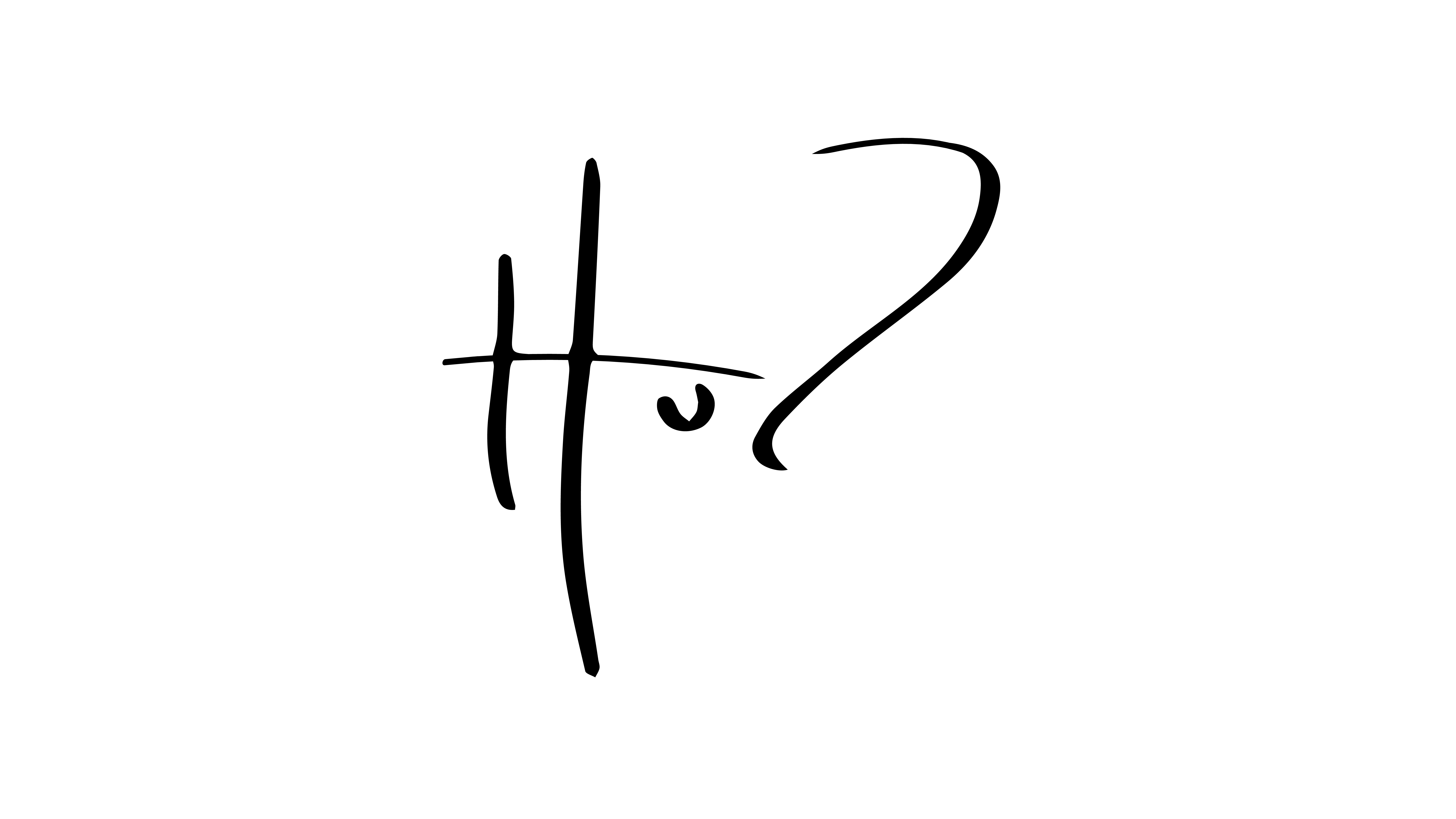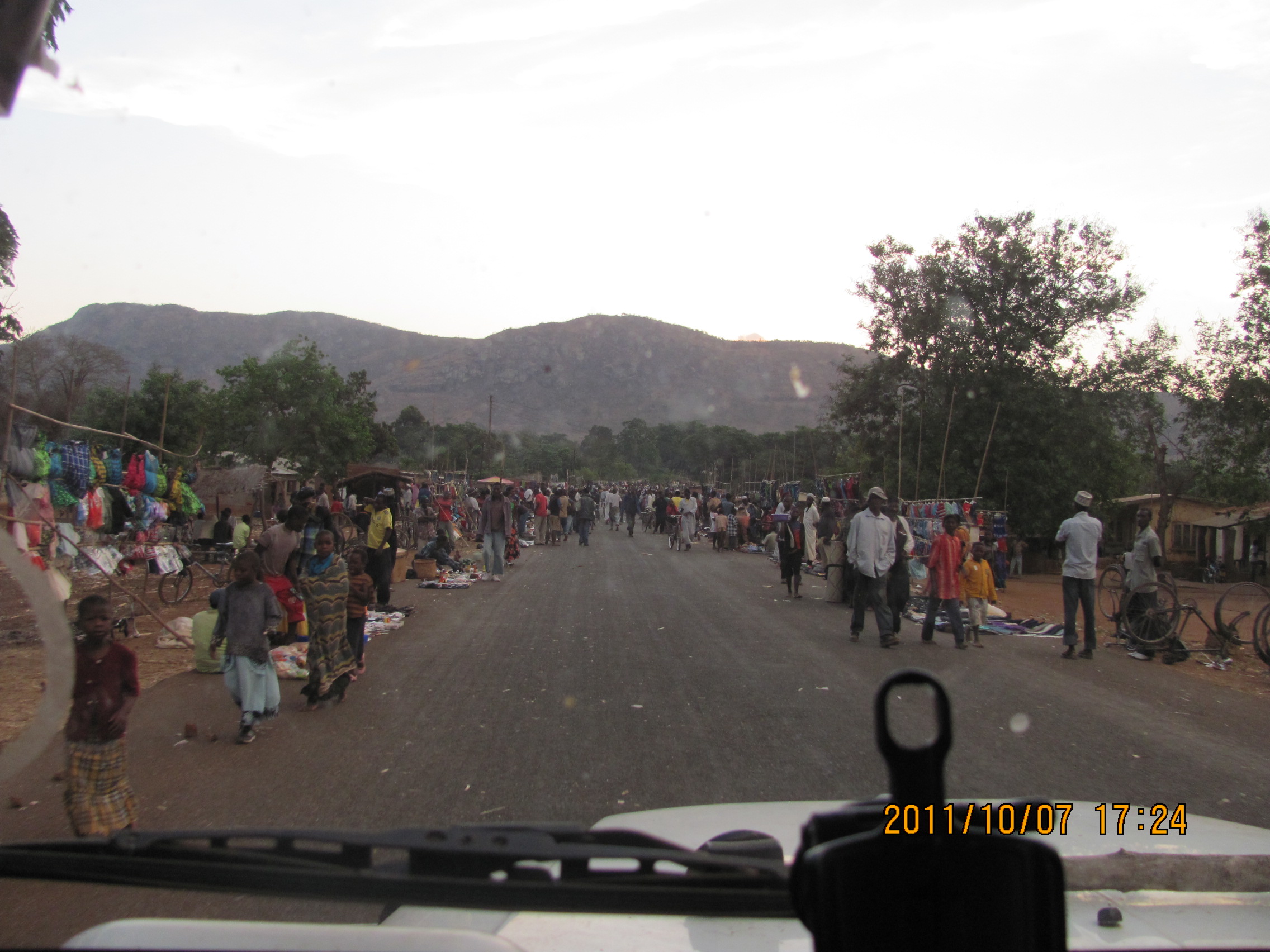The happy chaos of an African “shopping mall” deep in rural Mozambique. Note the bustling atmosphere, the flimsy shop cubicles, the the wares spilling out onto the road surface in places.
Expeditions into remote Africa inevitably have to traverse vast distances through various shades of civilisation (in the Western frame of reference), along roads that severely tax the vehicle, the patience and resistance to reckless abuse of alcohol. Nevertheless, it is often richly spiced with charm, surprises and, of course, challenges that combine to make for a fascinating experience in itself.
To illustrate, I quote a few paragraphs from my book, Paths of the Tracker:
“Craig had peered at the horizon to see if he could spot any sign of the town. He wondered what it would be like. It was the only major town that fell on the 1:100 000-scale map Henry had spread on his desk back there in London on the evening before the book launch, when he asked if he would accompany him on the expedition. His uncle had pulled it from a cardboard box that in its previous life had held six bottles of Shiraz wine for their journey to London from the Major’s Hill Wine Estate in the Cape. The corner of the box had been cut off at a forty-five degree angle – almost certainly with Henry’s pocket knife – and it was stuffed with battered maps.
This one was discoloured and some of its detail was scuffed into soiled oblivion. It had annotations, neatly done in small black long hand, apparently added over years. Some were connected to circles, others had arrows pointing: Jun 84: Large vlei. Permanent water, and Feb 82: Semi-open savanna, Mopani, Marula, many Lichtenstein’s Hartebeest, and Jun 85: Ancient gold workings, and Mar 85: Meteorite crater? With water, and more.
He had looked at the map and the box, amused by the almost naive satisfaction with which Henry had presented the outdated piece of technology. It spoke of a world far removed from the one he inhabited, he had realised.
“There’s Lichinga,” Henry had enthused as he pointed at a dot close to the bottom edge of the map. “It’s about the last bit of civilization we’ll see – such as it is. And this up here is the Ruvuma River, about three hundred kilometres further north. It’s the border with Tanzania. It’s far off, as you can see. A huge wilderness. It actually became even more isolated during the bush war. Too far away to be of any tactical importance.” His fingers had doodled contemplatively over the map after “tactical importance” and he continued a little distracted: “Lichinga used to be the capital of Niassa Province. It still is, I guess, at least in theory.”
It was probably similar to the odd former Portuguese colonial town they had passed through over the past three days, Craig thought. Once charming, but now sad and partly abandoned, with near-impassable streets and decaying buildings standing like rag-clothed beggars, and hopeless-looking people staring despondently as they rattled past. In some, though, on the fringes, they came across vibrantly frothing clusters of tiny shops jostling for a front to the road – each not much more than a mud-plastered lattice of sapling and thatch and bits of tin sheeting and plastic and wood board hobbled together.
“You could buy almost anything from any of these. And at almost any hour,” Henry had said, nodding sideways as they butted through the crowd in one. “From silk stockings to motor car tires. And if he hasn’t got what you need he makes you wait and within a few minutes he has it, borrowed from one of the others. Your biggest problem is to escape without buying stuff you don’t need at all and getting badly ripped off in the process. But that you only work out some way down the road. By then your money had disappeared and they have had their laughs and you don’t feel like re-running the terrible road.”
Craig smiled crookedly to himself. Their journey was like a series of uncertain thrusts, ever deeper into the hinterland. It seemed to him it was never clear how far they would get that day, or if the road they were on wouldn’t suddenly just end, or a bridge had been washed away, or if they would make it with their three hundred litre stock of petrol to where Henry though they should be able to re-fuel – indeed, if they would even find petrol there.”

